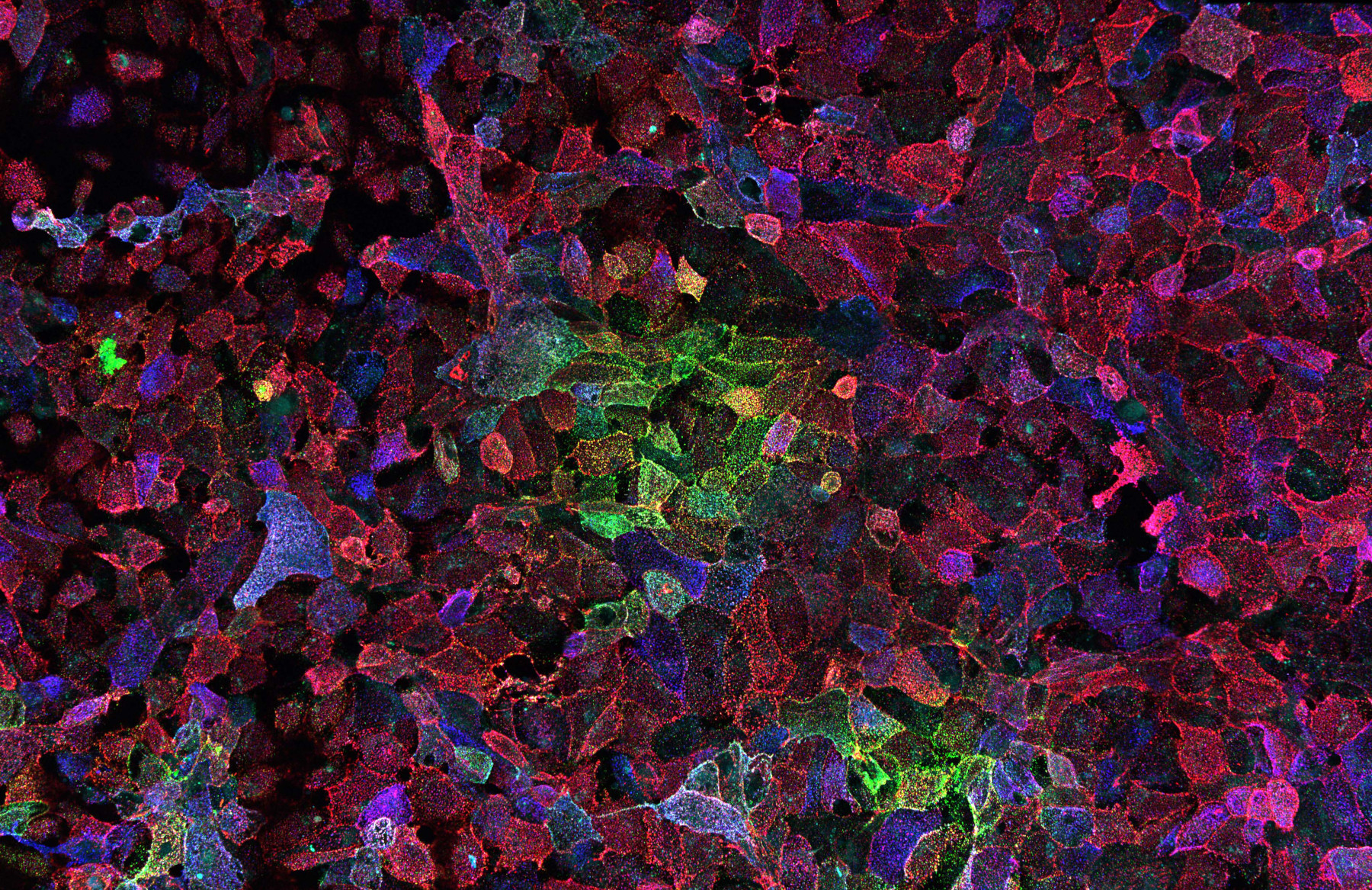For the past three years, Alexandra Johnston has started her work day by reaching for the pickaxe in the trunk of her car.
It is her tool of choice for prying open manhole covers – a task she demonstrated with practised ease last week while on a tour of her wastewater sampling regimen in Toronto.
Wearing a surgical mask and gloves, Ms. Johnston dragged the heavy cover aside, then grabbed hold of the fishing line secured underneath. After hauling up a few metres of line, she displayed her catch: a dripping wet tampon she had placed there the day before.
Her teammate, Claire Gibbs, quickly moved in with a prelabelled plastic bag to capture the sewage-laden sample. Using scissors, Ms. Gibbs deftly snipped the line, sealed the bag and stowed it away in the trunk as part of that day’s delivery.
Comments closed
